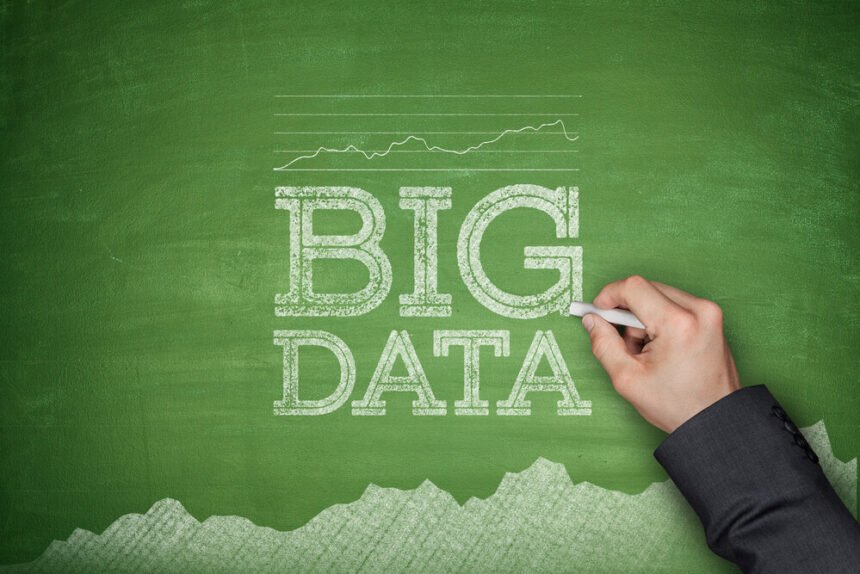It is hard to avoid all of today’s talk about big data, especially when it comes to big data for small businesses. Equipped with useful information, companies will more efficiently and effectively market to customers. They’ll also be able to manufacture products which meet specific requirements, forecast more precisely, streamline operations, increase revenue, and enhance stocks. If youâre thinking about stands in Munich then we recommend you to read this post first.
Can Your Small Business Manage To Make The Most Of Big Data?
To compete successfully in today’s market, small businesses require the same tools that larger companies make use of. Needless to say, small businesses do not have all the assets of an “enterprise level” corporation, such as data scientists, researchers, and analysts. However, you will find many techniques your small company can use to collect, analyze, and make sense of the data you have already, as well as get extra insights to assist level the field of play. Accordingly, here are five big data solutions intended for small businesses.
1. SaaS
Being a small business is not a restriction to obtaining business and market intelligence, as outlined by SaaS, a chief in the business analytics services and software since 1976. SaaS turns your data into the insights that can help inform the decision making, as well as giving a new viewpoint on your own business, whether your business is a large, midsize, or a small organization.
2. ClearStory Data
Studying complicated business intelligence does not need to be rocket science. ClearStory Data provides superior analytics tools and data mining which also provide information in an easy and understandable way.
3. Kissmetrics
Seeking to boost your marketing return on investment? Kissmetrics is actually a platform which allows you to comprehend, engage, and segment your customers depending on their particular behavior.
With Kissmetrics, it is possible to generate, manage, and preset delivery of “single shot” emails as well as ongoing email promotions based on customer behavior. This platform measures campaign influence beyond clicks and opens. Kissmetrics helps with eCommerce, boosts Instagram and Facebook ROI, decreases rates of cart abandonment, and drives considerably more “repeat” purchases.
4. InsightSquared
With the InsightSquared, you do not need to spend time exploring your data and analyzing it arduously with one spreadsheet after another. Rather, InsightSquared links to well-known business solutions which you have probably used before – for example, Zendesk, Google Analytics, QuickBooks, and Salesforce – to collect data and get actionable information automatically.
5. Google Analytics
You do not need expensive, fancy software to start gathering data. You can begin with the asset you have already: your website. Google Analytics is Google’s free-of-charge digital analytics base. It provides small enterprises with the tools for analyzing site data through all the touch points in a single place.
With Google Analytics, it is simple to extract long-term data for revealing trends as well as other beneficial information; therefore, you can easily make data-driven, wise decisions. As an example, by monitoring and analyzing the visitor behavior – for examplee, where the traffic is originating from, exactly how the audiences engage as well as how long the visitors remain on a site – you can easily make better judgments when trying to fulfill your online store’s or website’s goals.
Conclusion
To conclude, big data can be the best one for the success of your business. It doesn’t matter if your business is large or small – what matters is whether you’re ready to succeed.

